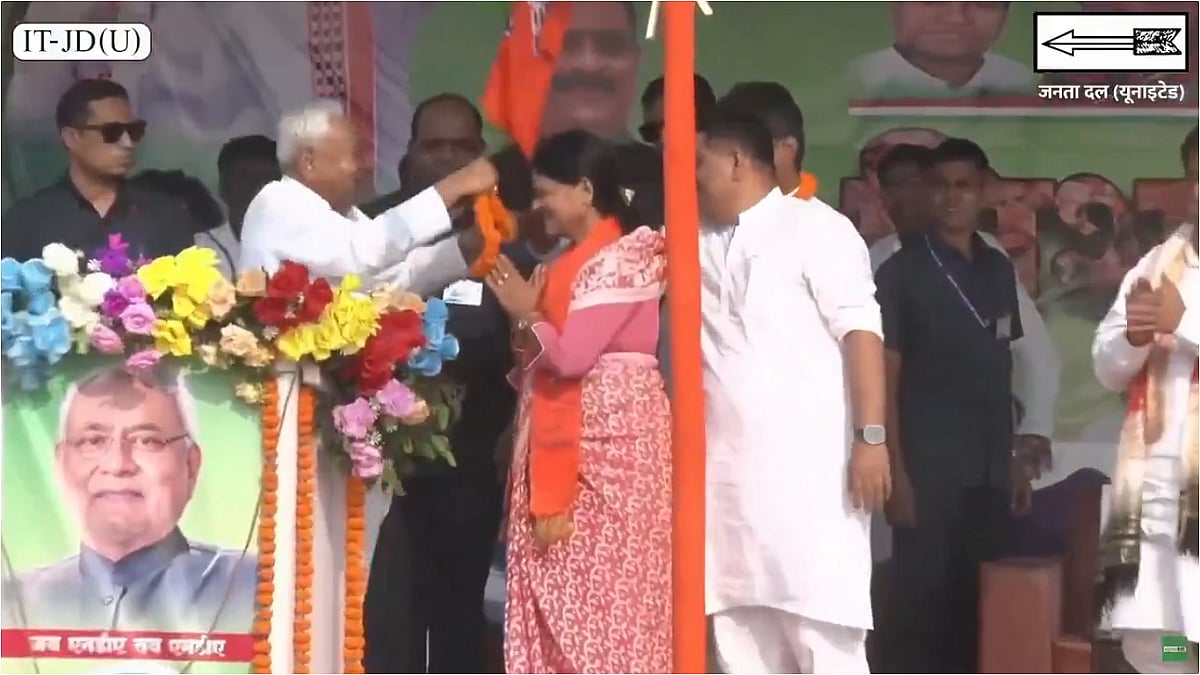Mumbai: Twenty-three years after a talathi was accused of accepting a bribe of Rs 500 for making changes in the mutation entry, he was exonerated by the Bombay high court, which observed that the prosecution had failed to establish the demand and acceptance of the bribe.
Justice Prakash Naik exonerated Chandrakant Pagar, 62, observing: “The complainant has deposed before the court. His evidence does not inspire confidence. Evidence of the panch witness is not reliable to prove the demand and acceptance of the amount as illegal gratification. The foundation of the charge itself is not established. No other circumstances can be relied upon to convict the appellant for the offences for which he is charged.”
Pagar Was Convicted Back In 2007
The HC was hearing an appeal filed by Pagar challenging his conviction by the special court trying cases under the Anti-Corruption Act. On January 12, 2007, the special judge (anti-corruption), Nashik, convicted Pagar and sentenced him to a year in prison and imposed a fine of Rs 2,000.
According to prosecution, one Kailas Khairnar had purchased a plot of land on June 10, 1999, by a registered sales deed. Khairnar alleged that when he went to the talathi’s office on March 1, 2000, to get the mutation entry done in his name, Pagar demanded Rs 500. At that time, he paid Rs 200 and agreed to get the remaining amount in two days.
A trap was laid by the Anti-Corruption Bureau (ACB) on March 3, 2000, and Pagar was arrested while taking money from Khairnar.
Pagar's Advocate Claimed He Was Falsely Implicated
Advocate Satyavrat Joshi, appearing for Pagar, argued that the talathi was falsely implicated. At the relevant time, there was a government scheme to persuade the public visiting the talathi’s office to invest in government schemes. Joshi argued that the amount given by Khairnar to Pagar was for this government scheme. Although a panch witness has testified that money was given to Pagar, he has not specifically mentioned that this money was related to illegal gratification, Joshi added.
State advocate Y Y Dabake said that no documents were found in Pagar’s office with respect to the government investment scheme.
The court noted that the deputy chief officer of the Sub-Divisional Office at Nashik, Pravin Shinde, testified that he felicitated Pagar for his efforts to generate public investment in small savings.
Justice Naik observed that the court was required to consider the explanation offered by the accused, if any, only on the touchstone of the preponderance of probability and not on the touchstone of proof beyond all reasonable doubt.
“However, before the accused is called upon to explain how the amount in question was found in is possession, the foundational facts must be established by the prosecution. The complainant is an interested and partisan witness concerned with the success of the trap and his evidence must be tested in the same way as that of any other interested witness,” the judge added.
Observing that the prosecution had failed to establish the demand and acceptance of the bribe, the HC set aside Pagar’s conviction.











